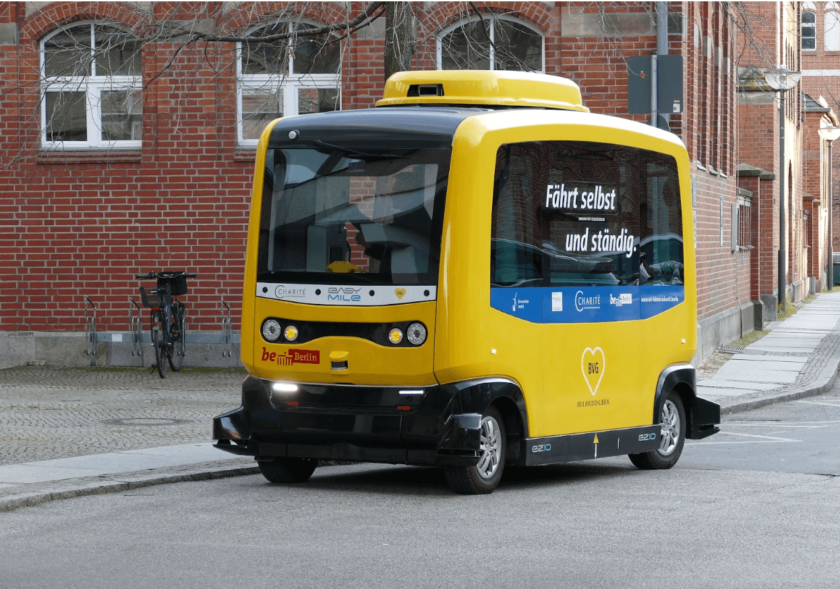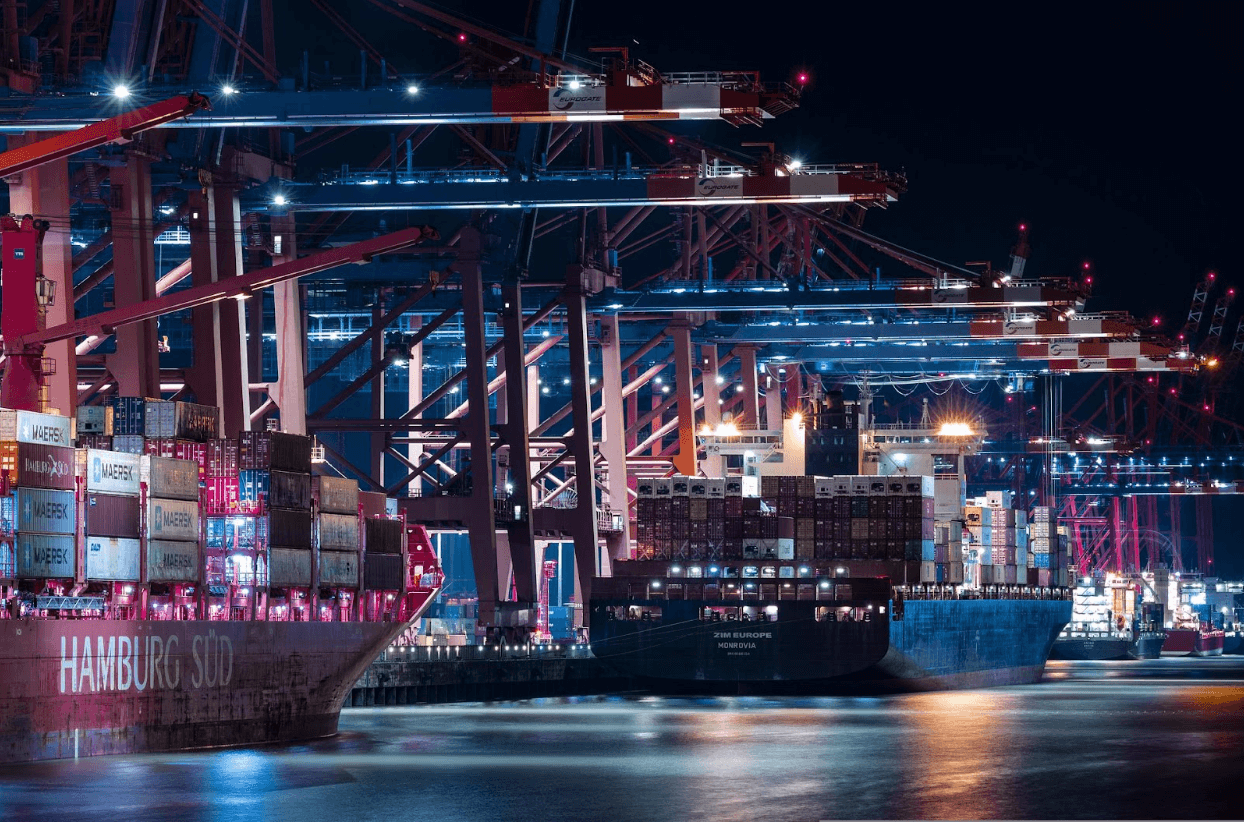Are you in the logistics industry? The logistics industry is constantly evolving, and it can be hard to keep up with the latest trends. But if you want to stay ahead of the competition, it’s important to know what’s going on in logistics. In this article, we will discuss some of the latest logistics industry trends and how they affect businesses worldwide. Let’s get to the list.
Last-Mile Delivery
The trend of last-mile delivery has been on the rise in recent years. With the growth of e-commerce, businesses have had to find ways to get orders to customers faster and more efficiently. This has led to an increase in demand for last-mile delivery services. You can find a reliable international shipping company to help you with your last-mile delivery needs. These companies will work with you to find your products’ best route and shipping method.
When finding a shipping company for your business, it’s important to consider cost, time, and customer service. Make sure you find a company that offers competitive rates and can get your products to your customers in a timely manner. If possible, have a contract in place so that you can be sure of the quality of service you’ll receive.
Technology Trends
The logistics industry is becoming more and more reliant on technology. This is evident in how businesses use data and software to improve their operations. Data analytics is being used to track shipments, optimize routes, and predict customer behavior. This allows businesses to make better decisions about their logistics operations.
Another trend in the logistics industry is using drones and robots for delivery. This is still in its early stages, but it has the potential to revolutionize the way we ship products. Drones can be used to deliver packages to hard-to-reach locations, and robots can be used for things like sorting packages.
Data is Key
In the logistics industry, data is key. Having accurate data can help businesses make better decisions about their shipping needs. It can also help businesses save money by avoiding errors and delays. For instance, data can be used to track shipments, optimize routes, and predict customer behavior.
Now is the time to start if you’re not already using data to improve your logistics operations. There are many software programs available that can help you collect and analyze data. You can also hire a data analyst to help you make sense of all the data you collect. With the right data at your fingertips, you’ll be able to make better decisions about your logistics operations.
Inventory Management
Another trend in logistics is the use of inventory management systems. These systems help businesses track their inventory levels to order the right amount of products at the right time. This helps to minimize waste and ensure that products are available when customers need them.
When starting to use inventory management, it is important first to understand your business’s needs. You should consider the products you sell, how often they are sold, and how much inventory you typically have. Once you understand your needs well, you can choose a system that will work best for your business. For instance, you may need a system that can track inventory levels in real-time or one that can send alerts when inventory levels are low.
E-commerce
E-commerce is one of the biggest drivers of change in the logistics industry. The growth of e-commerce has led to a need for new logistics solutions that can handle the increased volume of orders. This has resulted in changes in the way that many businesses operate. If you’re not already using e-commerce, now is the start.
There are many benefits to selling online. For instance, you can reach a larger audience than you would if you were selling through brick-and-mortar stores. You’ll also need to invest in a good eCommerce platform and make sure your website is optimized for search engine ranking. In addition, you’ll need to have a good shipping strategy in place to ensure that your products reach your customers on time.
Blockchain Technology Integration
The integration of blockchain technology is another trend that is starting to gain traction in the logistics industry. Blockchain is a distributed database that can be used to track shipments and manage supply chains. This technology can streamline logistics operations and make them more efficient.
If you’re unfamiliar with blockchain, it is time to start learning about it. There are many resources available that can help you understand how this technology works. You can also learn more about how blockchain is used in the logistics industry.
The integration of blockchain technology is still in its early stages, but it has the potential to revolutionize the way we manage logistics operations. With blockchain, we can track shipments and manage supply chains more efficiently.
Artificial Intelligence Applications
Artificial intelligence is another area that is starting to impact the logistics industry. AI can be used for things like route optimization and predictive maintenance. This technology can help businesses save time and money by making their operations more efficient.
There are many applications for AI in the logistics industry, and we will likely see even more uses for this technology in the future. For instance, AI can be used to improve the accuracy of demand forecasting. This is important because businesses need to be able to accurately predict future demand in order to plan their operations properly. AI can also be used to help automate tasks such as warehouse inventory management.
Growth of Autonomous Vehicles

Autonomous vehicles are another trend that is starting to have an impact on the logistics industry. These vehicles can be used for things like last-mile delivery. This is important because it can help businesses save time and money by reducing the number of trips needed. Autonomous vehicles can also help improve safety, eliminating the risk of human error.
We are already seeing autonomous vehicles being used in the logistics industry, and we will likely see even more of this in the future. For instance, UPS has been testing autonomous delivery trucks. This is an important development because it shows that this technology is ready for use in the real world. We will likely see more companies begin to use autonomous vehicles in their operations in the future.
These are just a few of the latest trends in the logistics industry. We can expect to see even more changes in this industry in the future as new technologies continue to emerge. These changes will bring new challenges and opportunities for businesses that operate in this space. It will be important for companies to stay up-to-date on these trends to be prepared for the future.

